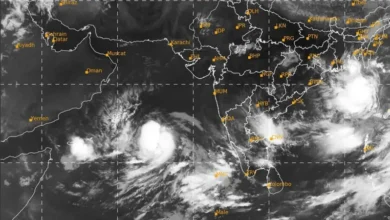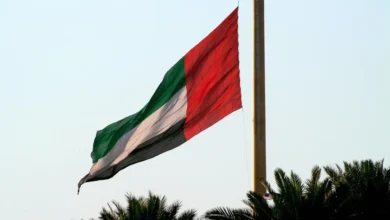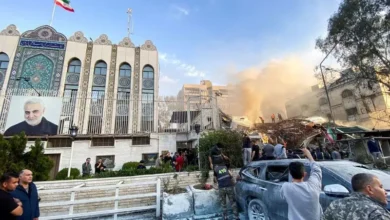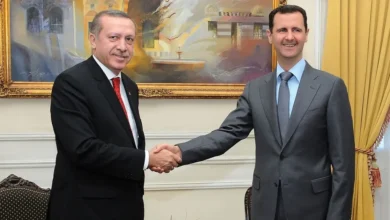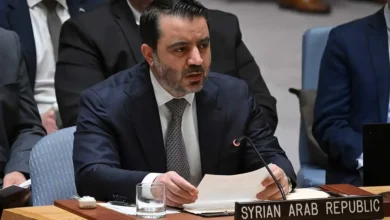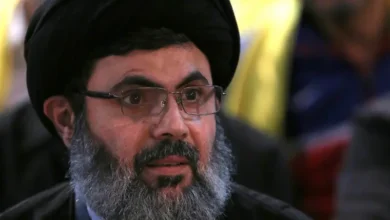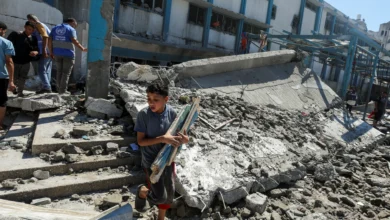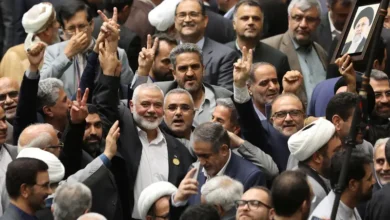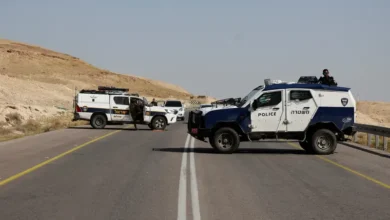Tunisians vote for new chamber of parliament with little enthusiasm
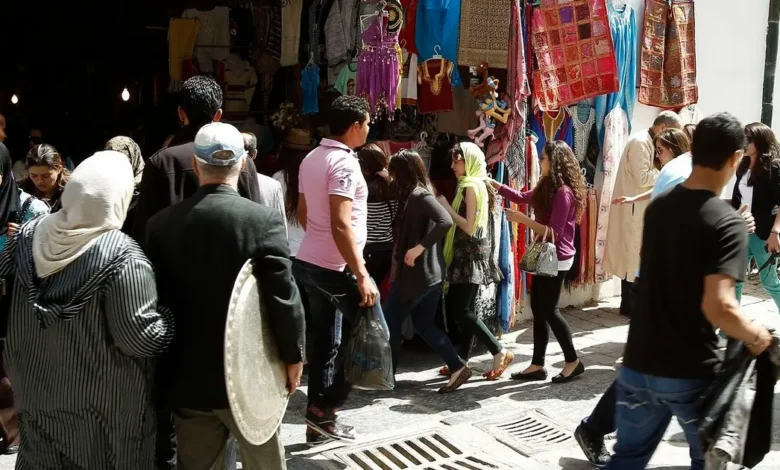
Tunisians trickled into polling stations on Sunday in the first local elections for a second chamber of parliament under a constitution pushed through last year by President Kais Saied.
Opponents of Saied argue the election is the latest step in the president’s “authoritarian” agenda.
Saied, a former law professor who was elected president in 2019, seized executive powers two years later, sacking the government, dissolving parliament, and declaring he would rule by decree.
His new constitution, which was approved at a referendum, established two chambers of parliament — the Assembly of People’s Representatives (ARP) and a National Council of Regions and Districts.
The ARP, with very limited powers, began its work earlier this year after an election boycotted by the opposition and spurned by voters, with only 11 percent casting ballots.
Tunisian media said Sundays’ election was also expected to see a low turnout.
The inauguration of the National Council of Regions and Districts — the second chamber that voters are being asked to elect on Sunday — is scheduled for June 2024.
The council will decide on the state budget and regional devel-opment projects, and its members are selected in a complex pro-cess of local ballots and drawing of lots.
On Sunday, Tunisia’s nine million electorate is being asked to choose more than 2,000 councilors from around 7,000 candidates, according to the Independent High Authority for Elections (ISIE).
The elections will result in the establishment of local, regional, and district councils, allowing for the creation of the second chamber.
Opponents of Saied have called for a boycott of Sunday’s ele-tion, calling them “illegal” and “imposed.”
Since February, authorities have jailed more than 20 members of the opposition, including Ennahdha leader Rached Ghannouchi and Jawhar Ben Mbarek, the co-founder of the National Salvation Front, among others.
More than 260 prominent figures in Tunisia signed a petition against what they called the “useless” election, saying they believed Saied’s government “continues to implement its political project imposed on” people in the country.
In the petition, they said the aim of Sunday’s election was to “weaken local power, disperse it, and make it another docile instrument in the hands of the executive power.”

